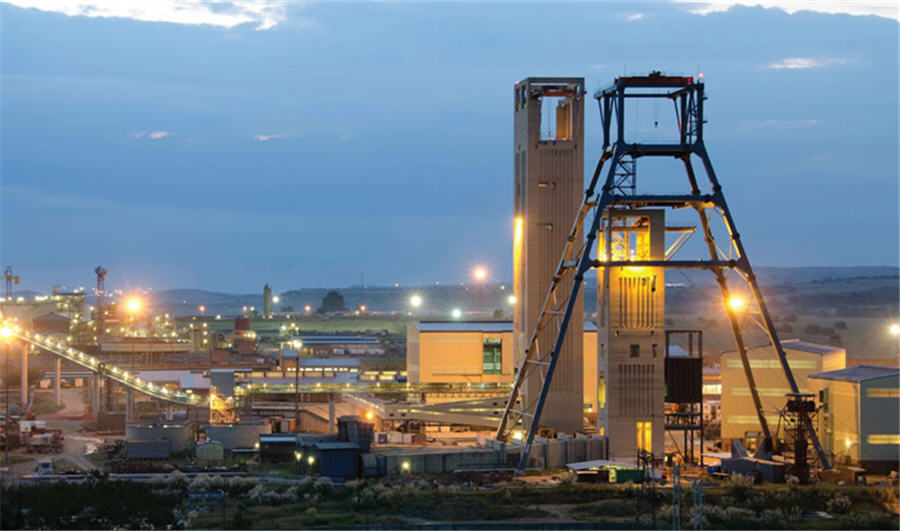South African miners keen to start generating their own power

South African miner Gold Fields has wanted to build a solar plant at its South Deep gold mine outside Johannesburg for more than three years.
But it is still waiting for ministerial approval and a licence from the regulator to build a large generating facility.
Red tape has cost miners tens of millions of dollars in lost revenue over the past year, as power blackouts have dented their output at a time when they could have been generating their own power, they say.
Analysts say it could be months before miners can start building their own plants
After some mines shut down during the worst power outages on record in December, President Cyril Ramaphosa promised to ease regulatory curbs on “self-generation”.
But analysts say it could be months before miners can start building their own plants, as struggling state power utility Eskom warns power cuts could continue over the next 18 months.
“Government must accelerate the approval of renewable power projects planned by miners so that they can deal with job-destroying tariff hikes and supply interruptions,” Gold Fields Chief Executive Nick Holland told Reuters.
South Deep, one of the world’s deepest gold mines, needs large amounts of power for cooling and ventilation. Gold Fields says its solar project could provide a fifth of the mine’s annual power needs for 20 years.
Lingering constraints
Promises to unshackle private power generation prompted cautious optimism at a mining conference in Cape Town this week.
Mineral Resources and Energy Minister Gwede Mantashe told the Investing in African Mining Indaba that officials were revising the Electricity Regulation Act (ERA) to allow companies to generate power for their own use without a licence.
But Mantashe said miners would still have to register their generating facilities, which companies say is time-consuming.
Some analysts expect amendments to the ERA will have to go through public participation, which could delay matters.
“If there is political will, it could be done in months. But if you look at the past, they’ve been talking about amending the flawed schedule 2 (of the ERA) since 2017,” said Chris Yelland, energy analyst and managing director at EE Business Intelligence, a Johannesburg-based consultancy.
Sibanye-Stillwater CEO Neal Froneman said Mantashe’s comments were “a big step forward”.
“But they don’t solve all the problems,” he said, referring to potential curbs on selling power to the national grid.
The Minerals Council South Africa says miners could bring up to 1,500 MW of generating capacity online in the next few years.
“The government has recognised that private power, particularly generating for self-use, is critical to solve the crisis,” said Roger Baxter, the industry body’s chief executive. “We are a key part of the solution.”
(By Helen Reid, Tanisha Heiberg and Alexander Winning; Editing by Alexandra Zavis and David Evans)
{{ commodity.name }}
{{ post.title }}
{{ post.date }}




Comments